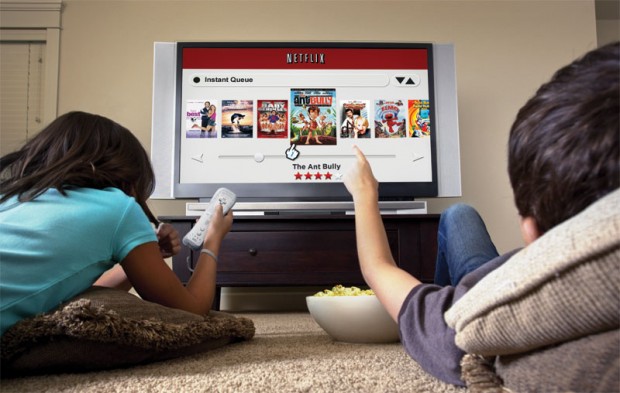Cablevision is an American cable television company that offers cable and internet services to areas surrounding New York City. It is currently the 8th largest cable provider in the United States. Cablevision made headlines by offering first pay-TV providers HBO's new standalone service, HBO Now to its broadband customers. This is pretty nifty, seeing as HBO is making Netflix squirm in their seats. This paves way for potential for cable and internet service providers to compete their services by seeing what people want and giving it to them.
HBO Now itself is very fascinating. The service is standalone, meaning that you don't have to have a cable subscription with HBO in order to stream their shows. This tells me that HBO is really seeing how people view their media and the biggest hurdle they have is piracy. The service itself is an app that you can download from the iTunes, Google Play or via desktop/laptop. Basically, if you have the internet, you can access HBO Now. And HBO struck while the Iron Throne was hot; they released the app DAYS before the season 4 release of Game of Thrones, the most-watched show on HBO, which was no doubt planed to raise awareness for the app, as Game of Thrones is also one of the most pirated shows on torrent sites. Nice move, HBO. That was a pretty smart move to entice downloaders to skip the Pirate Bay and stream it through their app where they will most likely experience optimal audio and video quality.
...But now back to Cablevision. With their new package deal, the company is now offering consumers the ability to bundle internet, a free digital antenna AND HBO Now if they choose. That's definitely a power play on this company's part. Cablevision is trying its hand at inter-connectivity; they understand that all media is essentially full-filling "The Black Box Prophecy" and they want to capitalize on that. This is a brilliant strategy for the "cord-cutters", which are consumers that are ditching pricy cable TV subscriptions and luring in the "cord nevers", which are consumers who never signed up for a cable subscription in the first place.
I feel this is the new way in which media will be consumed. Customers are tired with the wax and wan of cable companies jacking up prices, as they should be.
Your move, cable companies.



